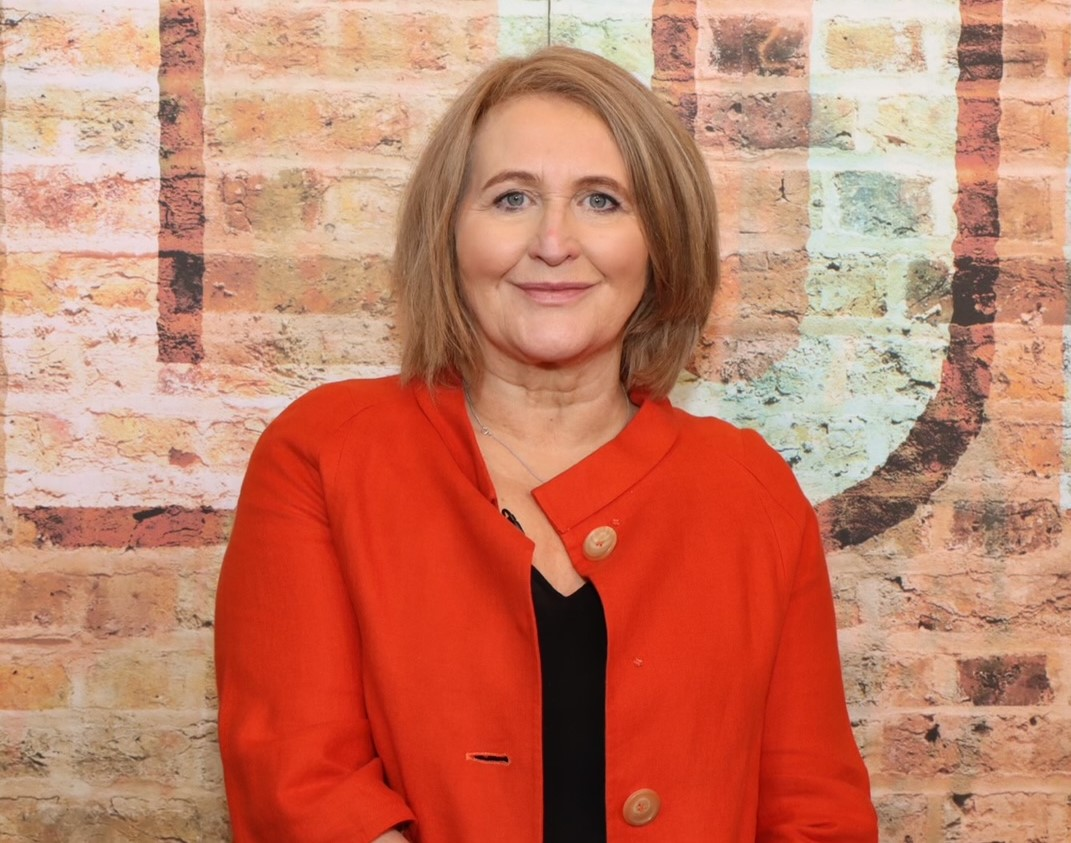A survey has found “a major increase” in the proportion of charities wanting to prioritise diversity among trustees and ensure their boards accurately reflect the communities they support.
According to the survey four in five (81%) charities “deem it important” that their boards reflect their beneficiaries. This up from two thirds (66%) last year and a record for the survey, which has been carried out by Newton Investment Management.
But the survey indicates this commitment is not translating into real world recruitment of people from minority ethnic groups as trustees, with their membership remaining at 12% for the fourth year running.
Where diversity has increased is in the recruitment of younger trustees and more women onto boards.
The survey found a record high representation of women and trustees under the age of 40.
“This younger cohort of trustees is particularly notable, reversing three years of decline.”
However, the survey also found a decline in the perceived importance of diversity elsewhere in charity operations.
“The proportion of charities that believe it is important that their providers or investment managers demonstrate diversity has fallen from 62% in 2022 to 57% this year,” said Newton, which adds though that this remains above levels seen prior to last year.
The findings have emerged a month after campaign group #CharitySoWhite hit out at efforts by white led charities to improve diversity and tackle racism.
The group said it had “drowned in their requests for meaningless conversations wanting to ‘pick our brains’, ‘speak at lunch and learns’, or quotes and promotion to rubber stamp their pathetic attempts at anti-racist work”.
Research by the NCVO last year found that the charity sector is “less ethnically diverse than the private and public sectors” and action to improve diversity has stalled.
Last month NCVO announced it is to no longer use terms such as 'BAME' (Black, Asian and Minority Ethnic) and 'ethnic minorities' and will instead use the term ‘global majority’, as it “better reflects reality”.
Changing investment behaviour
Newton’s survey also found that ethical exclusions for environmental, social and governance reasons are “becoming more commonplace”.
Just under two thirds (64%) of charities have an ethical exclusion policy in their investments “the highest we have seen over the last ten years of conducting the survey”.
But it adds that “the breadth of these policies has diminished”, with charities “now focusing on more specific areas, rather than taking a blanket approach”.
Charities are also taking different approaches with companies that are poorly performing in terms of environmental, social and governance issues. Half back divestment, while 36% support engaging with poor performers.
Support for engagement rises to two thirds around climate change and other environmental issues.
But Newton adds that 38% of charities still have no net zero commitment.
The survey also found that charities are increasing their exposure to overseas equities and bonds in their investments amid “considerable movement within asset allocation” during the cost-of-living crisis, a survey has found.
The survey found that over the last year there has also been a decline in allocating assets to UK equities, as well as investments in property, hedge funds and private equity.
Although over the same period there has also been a “notable rise in the use of UK bonds”, it found.
In 2023 the survey found that 38% of investments are being allocated to overseas equities, up from 37% the previous year and 33% in 2020.
Meanwhile asset allocation for UK equities is down from 32% in 2022 to 29% this year. Investment in overseas bonds has risen from 3% to 4% of assets over the same period.
The movement of assets comes as only two thirds (67%) of charities say their investments are sufficient to meet their obligations and commitments. This is down on the 85% who said returns were enough to meet their commitments last year.
More than a third of charities are reporting a negative return on investments, up from 12% in 2022, with Newton adding that “while there has been a rise in charities seeing a 3% to 6% return this year, the overwhelming outlook for returns in 2023 has been a negative one”.
“The backdrop for investors has now shifted, with an unprecedented market regime change underway following four decades of asymmetric monetary policy, lower inflation and increasing globalisation”, said Newton’s head of charities business Sarah Dickson
“In the midst of a cost-of-living crisis, with the added challenges of inflation and rising salaries, the adaptability and resilience of the sector is evident as charities are adapting to this 'new normal' while also still seeking to address longer-term concerns”.
Over half (52%) of charities do not think that the cost-of-living crisis will have a lasting impact on their investment policy. But a further 27% do not know what the long-term implications of inflation will be on their investments. Two thirds say they are re-evaluating their reserves policy.
The survey found that nine in ten charities say they have been affected by the rising costs and three in five reporting an increase in demand for their services. Two thirds are reporting inflation, and a half are reporting rising salaries as concerns.
Latest News
-
Government ‘slow to tweak’ consumer law to protect charities, MP warns
-
2025: The long-reads
-
City of Culture charity to be supported for further two years
-
Friday funding roundup - 19 December
-
King visits charity founder days before she dies to invest her as a Dame
-
2025: Most-read opinion, diaries, Q&As and more
Charity Times video Q&A: In conversation with Hilda Hayo, CEO of Dementia UK
Charity Times editor, Lauren Weymouth, is joined by Dementia UK CEO, Hilda Hayo to discuss why the charity receives such high workplace satisfaction results, what a positive working culture looks like and the importance of lived experience among staff. The pair talk about challenges facing the charity, the impact felt by the pandemic and how it's striving to overcome obstacles and continue to be a highly impactful organisation for anybody affected by dementia.
Charity Times Awards 2023
Mitigating risk and reducing claims

The cost-of-living crisis is impacting charities in a number of ways, including the risks they take. Endsleigh Insurance’s* senior risk management consultant Scott Crichton joins Charity Times to discuss the ramifications of prioritising certain types of risk over others, the financial implications risk can have if not managed properly, and tips for charities to help manage those risks.
* Coming soon… Howden, the new name for Endsleigh.
* Coming soon… Howden, the new name for Endsleigh.
Better Society

© 2021 Perspective Publishing Privacy & Cookies











Recent Stories